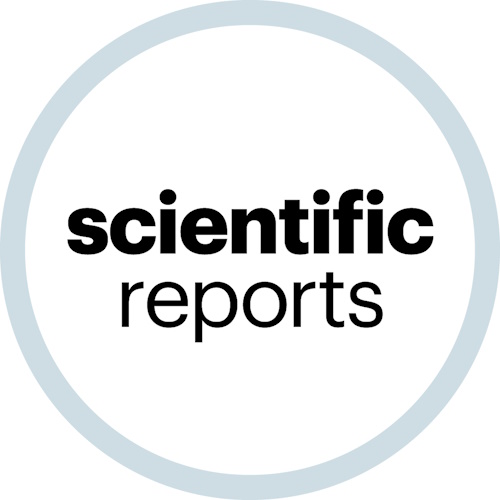Key points from article :
Recent research from the University of Surrey has revealed that the future success of racehorses can be predicted by analysing their gut bacteria when they are just one month old.
The study, published in Scientific Reports, examined over 50 thoroughbred foals and monitored their gut microbiota for the first three years of their lives. By analysing fecal samples, researchers were able to identify and count the different types of bacteria present in the foals' digestive systems.
The study found a direct correlation between the diversity of gut microbes at four weeks old and the foal's future health and racing performance. Foals with a richer variety of gut bacteria experienced fewer health issues, such as respiratory diseases, and performed better on the racetrack. This indicates that the composition of gut bacteria early in life plays a significant role in an animal’s long-term health and athletic success.
Additionally, the research explored the impact of antibiotic use on gut microbiota. Foals treated with antibiotics had less diverse gut bacteria and subsequently earned less prize money in their racing careers compared to those that did not receive early antibiotic treatment. This finding suggests that antibiotics may disrupt the beneficial bacteria needed for optimal health and performance.
The study underscores the importance of gut health in young animals and raises questions about the use of antibiotics in both animals and humans.
Future research will aim to explore methods to minimise the disruption of gut bacteria when antibiotics are necessary. This work provides valuable insights for breeders and trainers aiming to enhance the health and performance of racehorses through better understanding and management of gut microbiota.








